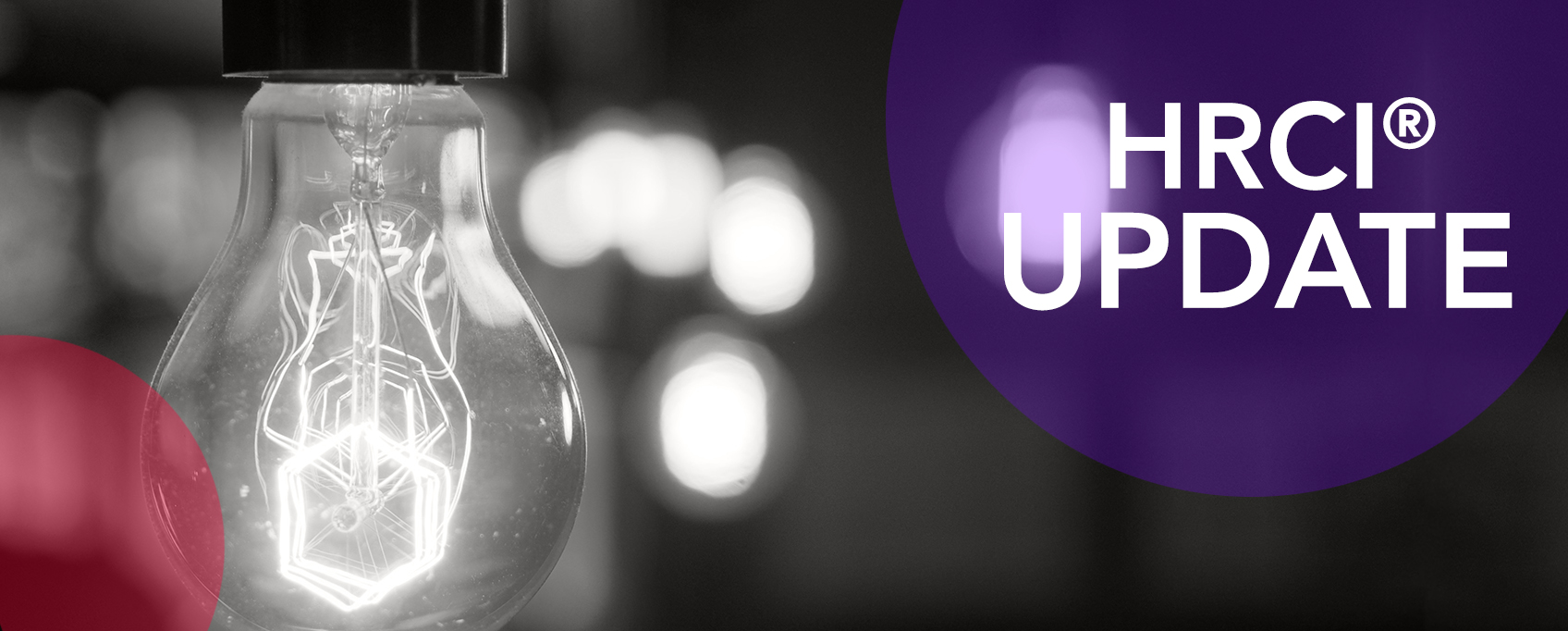Professional development is vitally important for human resource management practitioners in today’s agile marketplace. A new chapter for HR is developing, shifting HR’s focus from administrative functions to direct alignment with C-suite business goals and values.

Technology is advancing faster than ever, touching all parts of our lives. From the explosion in smart phone applications, the advent of artificial intelligence, to social media’s influence on a presidential election, it’s clear that human resource management in the digital age requires a whole new set of demands.
The Latin word for work is opus. An opus is often thought of an artistic composition, such as a musical work, but it can also define our life’s work. When thinking about the human resource management profession as an opus, the work of the practice takes on new meanings and comes with heightened expectations of mastery.

HR Certification Institute® (HRCI®) has received many inquiries about accreditation, such as how it differs from certification and the benefits that third-party validation provides to the HRCI community.

When choosing to join the ranks of credentialed human resource management practitioners through HR Certification Institute® (HRCI®), you probably wondered: "Is this certification legit, fairly awarded and credible as a true demonstration of my competencies and value as an HR professional?"

Human resource management has joined the "big data party," making use of new information sources to make more precise talent management decisions. That is well known. But what many have missed is perhaps HR's biggest opportunity: to impart the "human factor" into big data and information technology management.

PHR and SPHR certifications support your career in different but equally vital ways. Here’s how to determine which one is right for you.

On May 1, 2020, HRCI launched live remote proctored exams via OnVUE to bring the convenience of testing to your home or office.